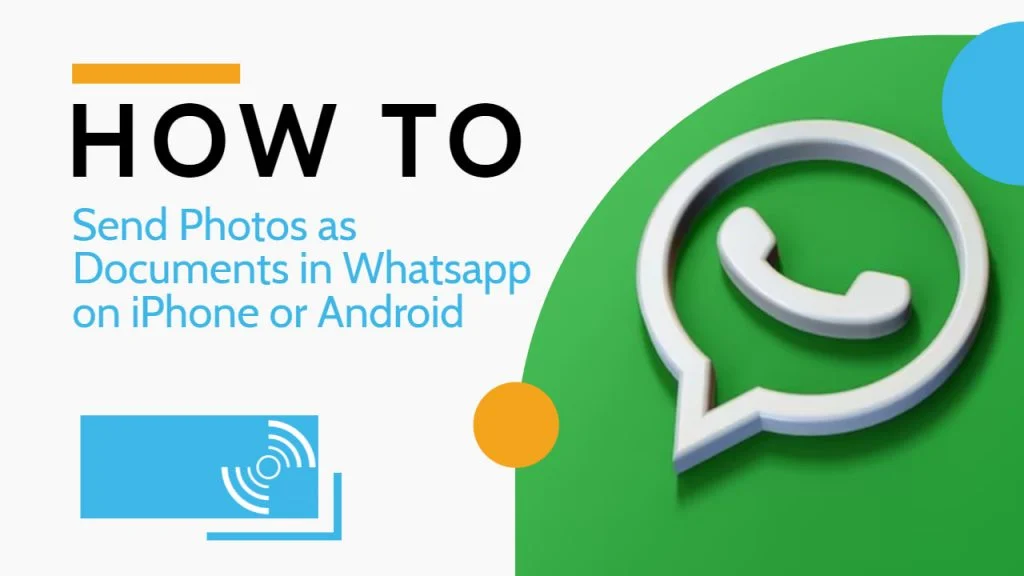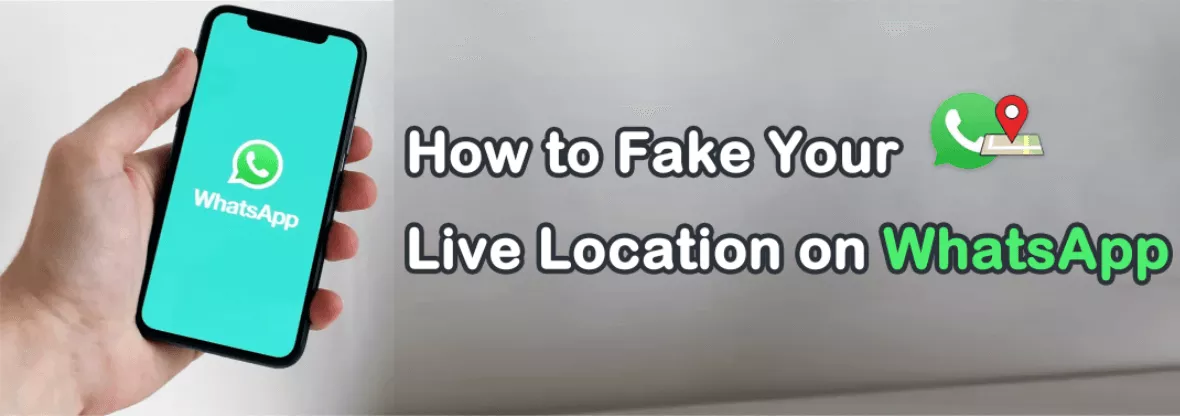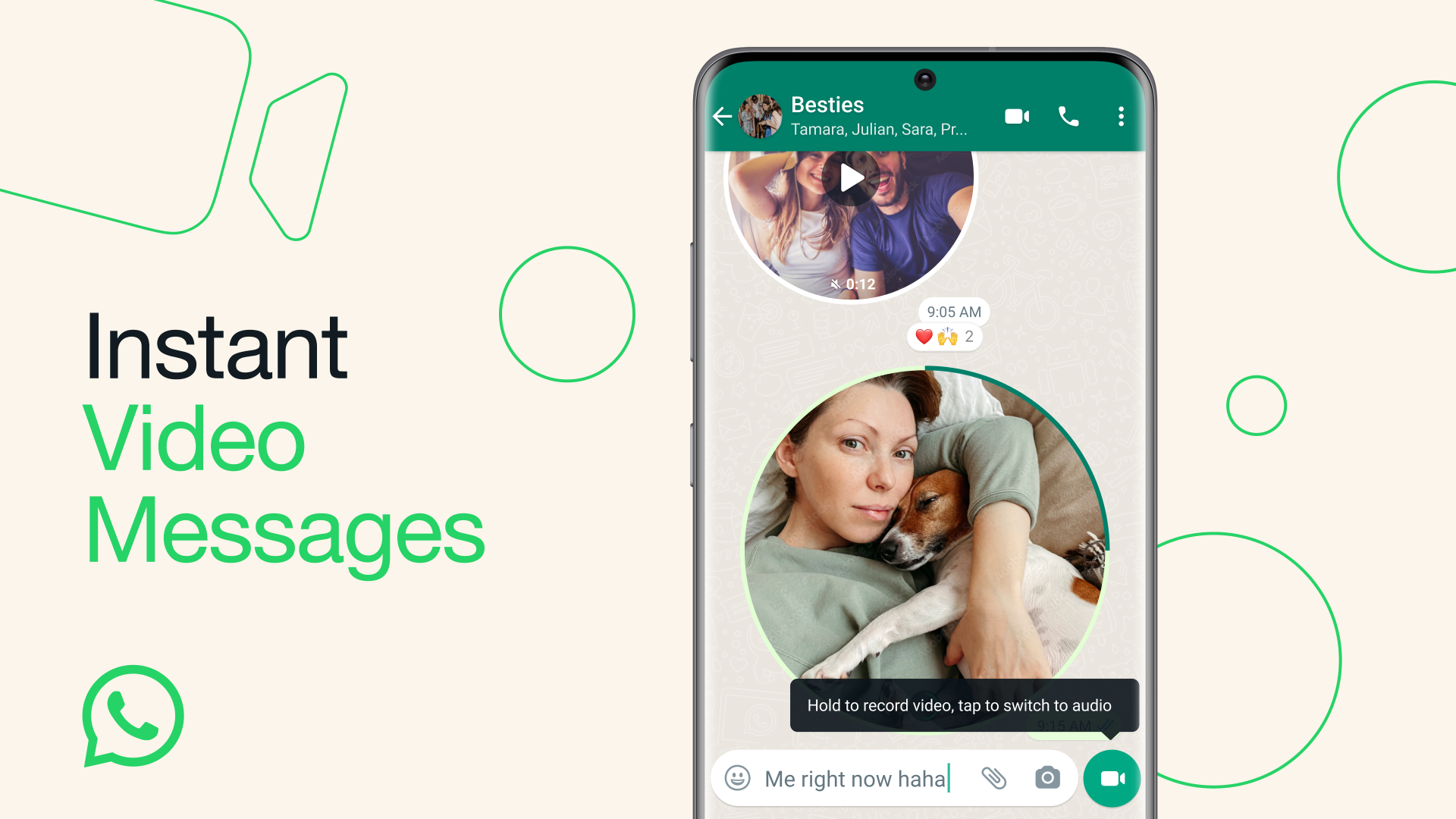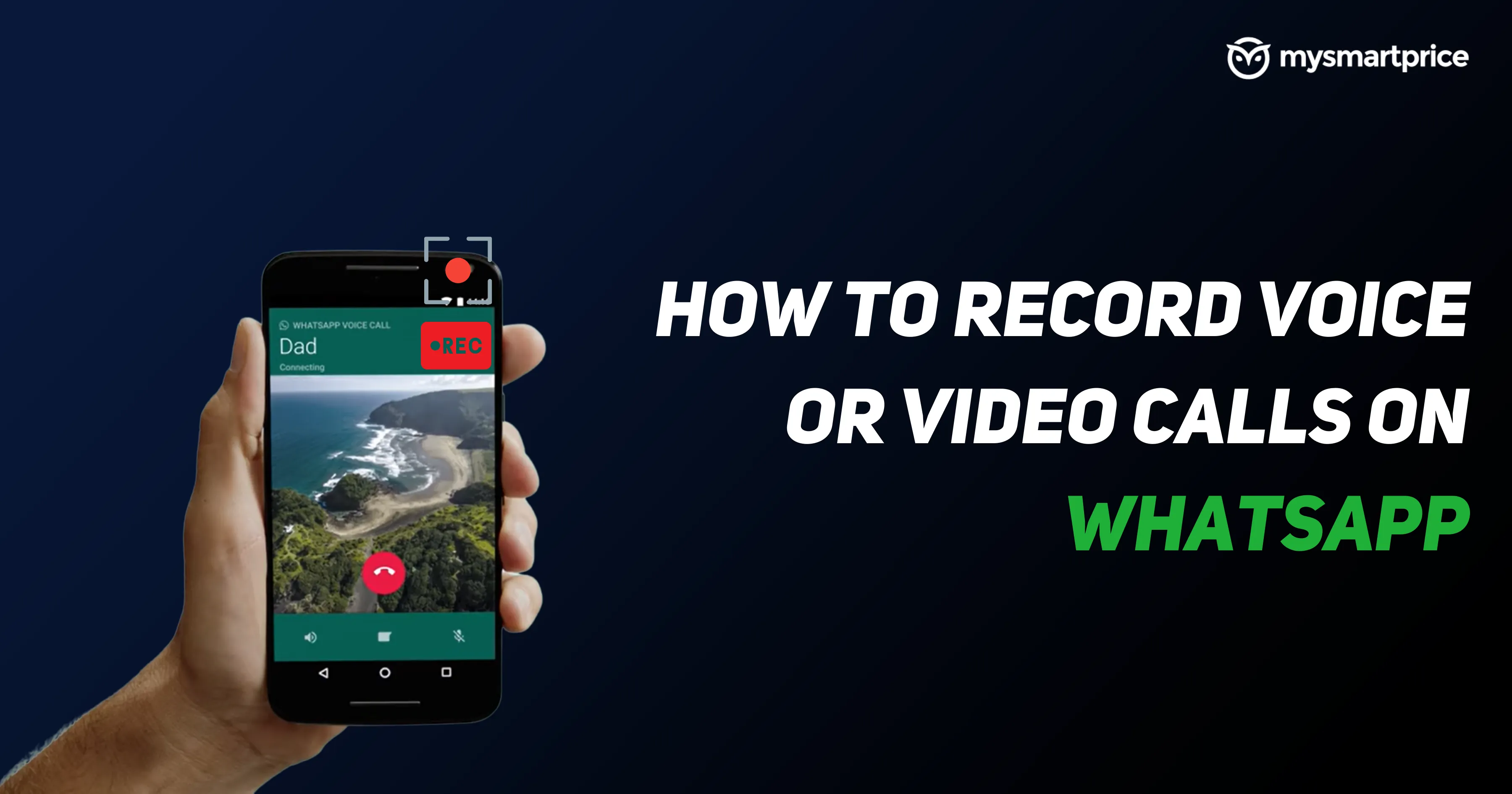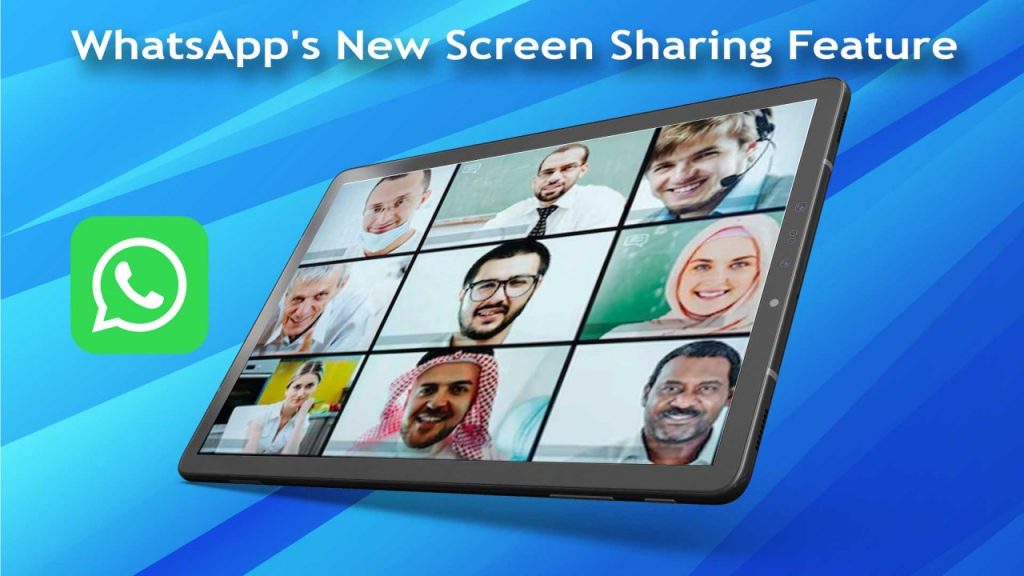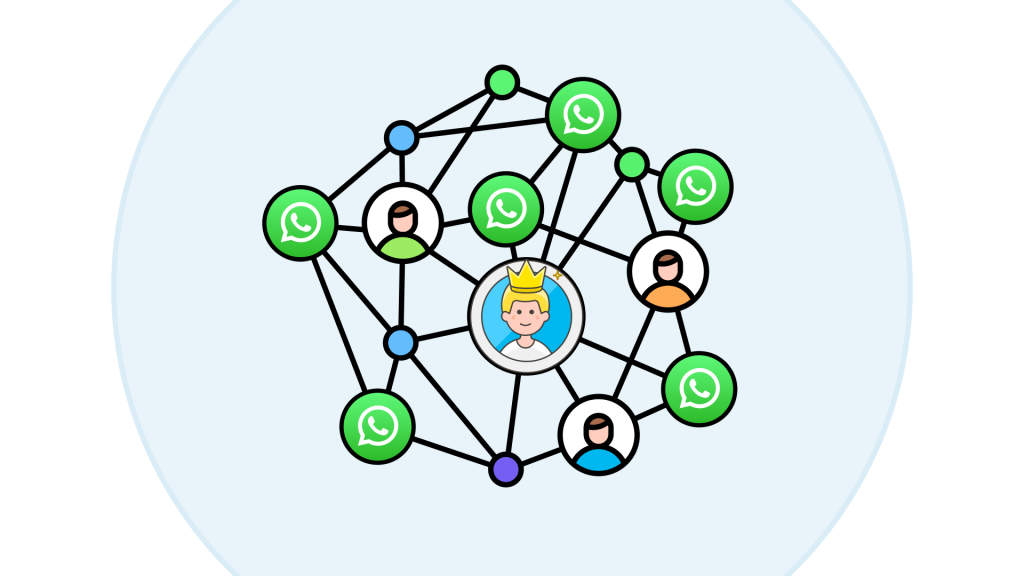Unlocking Secrets: How to Read Deleted WhatsApp Messages
Cracking the Code: Revealing the Mystery of Deleted WhatsApp Messages
Introduction

A. Introduce the concept of viewing deleted WhatsApp messages
"Unlocking Secrets: How to Read Deleted WhatsApp Messages" delves into the intriguing world of WhatsApp message retrieval. In this digital age, messaging apps have become central to our communication, and sometimes, messages are sent and then swiftly deleted. But what if you could uncover these deleted messages? This guide explores the methods and techniques that enable you to regain access to messages that the sender no longer wishes to share. Whether you're dealing with personal chats, group conversations, or essential information, this blog unravels the secrets of recovering deleted WhatsApp messages. Let's explore this fascinating journey together.
B. Highlight the importance of this skill in various situations
Recovering deleted WhatsApp messages is a skill that holds immense value across different scenarios. In personal relationships, it can provide clarity in misunderstandings, rekindle forgotten moments, or even serve as proof when needed. For professionals, it offers the ability to restore crucial work-related discussions and ensure no vital information is lost. Moreover, this skill can be a valuable asset in legal or investigative matters, where retrieving deleted messages can be pivotal. From repairing personal bonds to safeguarding professional commitments and addressing legal concerns, the ability to view deleted WhatsApp messages can be a powerful tool in multiple situations.
C. State the purpose of the blog
The purpose of this blog is to equip readers with the knowledge and techniques required to view deleted WhatsApp messages effectively. We understand the curiosity and necessity that often arise when a message is removed, and this blog aims to provide insights into various methods and tools for retrieving these messages. Whether it's to address personal matters, professional communication, or legal concerns, we believe that this skill can be invaluable. By sharing this information, we aim to empower our readers to make informed decisions and leverage this skill responsibly in the digital age.
Chapter 1: Deciphering Deleted WhatsApp Messages
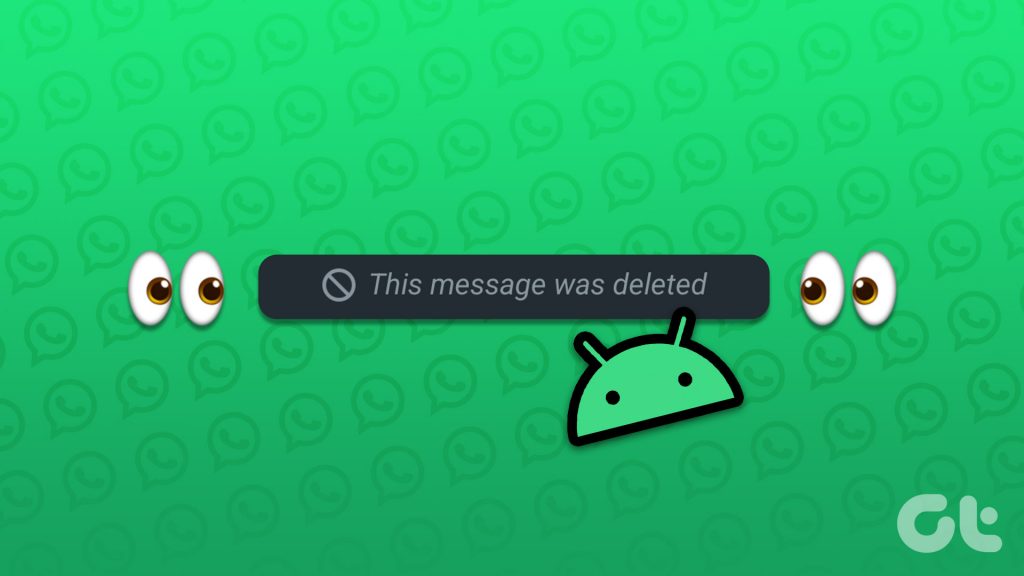
A. Explain why senders delete messages on WhatsApp
Senders delete messages on WhatsApp for various reasons. These include sending a message to the wrong recipient, making typographical errors, sharing sensitive or confidential information that they later regret, or trying to retract a message to avoid misunderstandings or conflicts. Sometimes, messages are deleted simply because they are no longer relevant. Understanding why senders delete messages is crucial to realizing the importance of having the ability to view these deleted messages, as it can provide valuable insights into the sender's intentions and the context of the conversation.
B. Provide insights into the "Delete for Everyone" feature
The "Delete for Everyone" feature in WhatsApp allows users to delete messages they've sent in both individual and group chats. This feature was introduced to help users retract messages sent by mistake or those that are no longer relevant. When a sender deletes a message using this feature, it appears as "This message was deleted" to the recipient. While this feature enhances privacy and control, it also creates curiosity among recipients, as they wonder what was deleted. Understanding how this feature works is essential for uncovering deleted messages and can be valuable in various situations.
C. Discuss the implications of deleted messages for recipients
Deleted messages on WhatsApp can have significant implications for recipients. These implications depend on the content and context of the deleted messages. In personal conversations, it might pique curiosity or raise suspicions, affecting relationships. In professional settings, deleted messages can impact communication and accountability. The ability to view deleted messages can help recipients gain clarity, rebuild trust, or retain essential information. Understanding these implications is crucial for using this skill judiciously and responsibly. This blog will guide you through various methods to access deleted messages on WhatsApp, providing insights into the potential advantages and ethical considerations.
Chapter 2: Android Magic: Revealing Deleted Messages
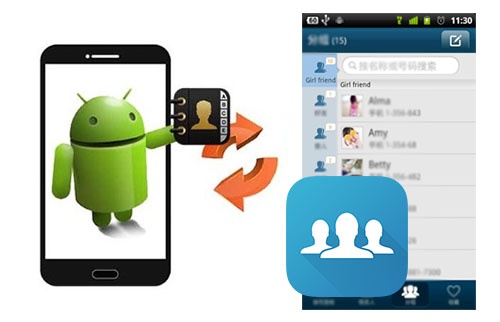
A. Explore how Android users can uncover deleted messages
Android users can employ a smart workaround to uncover deleted WhatsApp messages. By enabling the Notification History feature on Android 11 or later devices, they can track all incoming notifications, including WhatsApp messages. These notifications are stored in the notification history, even if senders later delete the messages. However, it's important to note that the phone must receive the notification for it to be recorded in the history, and only notifications from the last 24 hours are visible. This method offers a clever way to retrieve deleted messages and catch a glimpse of what the sender intended to hide.
B. Introduce the Android Notification History feature
The Android Notification History feature, introduced in Android 11 and available on later Android versions, serves as a valuable tool to help users keep track of their notifications. While it was not specifically designed for retrieving deleted WhatsApp messages, it proves to be a helpful workaround. This feature records notifications from various apps, including WhatsApp, as long as they appear on the user's device. By enabling Notification History, Android users can access their message history and view deleted WhatsApp messages. However, it's essential to ensure that this feature is enabled and that the messages you wish to recover were deleted within the past 24 hours.
C. Offer step-by-step instructions for enabling and using Notification History
To enable and use the Notification History feature on Android, follow these step-by-step instructions:
- Open the "Settings" app on your Android device.
- Scroll down and find the "Apps & Notifications" section.
- Tap on "Notifications."
- Locate and tap on "Notification history."
- Toggle the switch next to "Use notification history" to enable it.
Once enabled, your Android device will start recording all notifications, including WhatsApp messages. You can access and view these deleted messages by navigating to the Notification History section and finding the WhatsApp notifications. Remember that this feature only retains notifications from the past 24 hours, so make sure to check it promptly to retrieve deleted messages.
Chapter 3: Alternative Methods for Android Enthusiasts
A. Present alternative methods for Android users, including third-party apps
In addition to the Android Notification History feature, there are alternative methods that Android users can explore to uncover deleted WhatsApp messages. One such approach involves the use of third-party apps designed to recover and preserve deleted messages. These apps can be downloaded from the Google Play Store and offer a workaround for users who might not have access to the Notification History feature due to their device's specific configurations. While these apps can be effective in recovering messages, it's essential to proceed with caution, as they might have limitations and pose certain security risks.
B. Discuss the pros and cons of these methods
These alternative methods, including third-party apps, offer Android users a way to retrieve deleted WhatsApp messages. On the positive side, they provide a solution when the Notification History feature is unavailable. However, there are downsides to consider. Pros include the ability to recover deleted messages, while cons encompass potential security risks and limitations, such as the inability to retrieve deleted media files. Users should carefully evaluate the trade-offs before choosing the method that best suits their needs.
C. Recommend reliable apps and guide users through the installation process
To ensure a secure and effective experience when using third-party apps to recover deleted WhatsApp messages, it's crucial to choose reliable options from trusted sources. One such app is 'Notisave,' known for its track record in this domain. To get started, Android users can easily download Notisave from the Google Play Store. After installation, users should grant necessary permissions and enable the app to access notifications, following the step-by-step setup instructions provided within the app.
Chapter 4: iPhone Wizardry: Resurrecting Deleted Messages
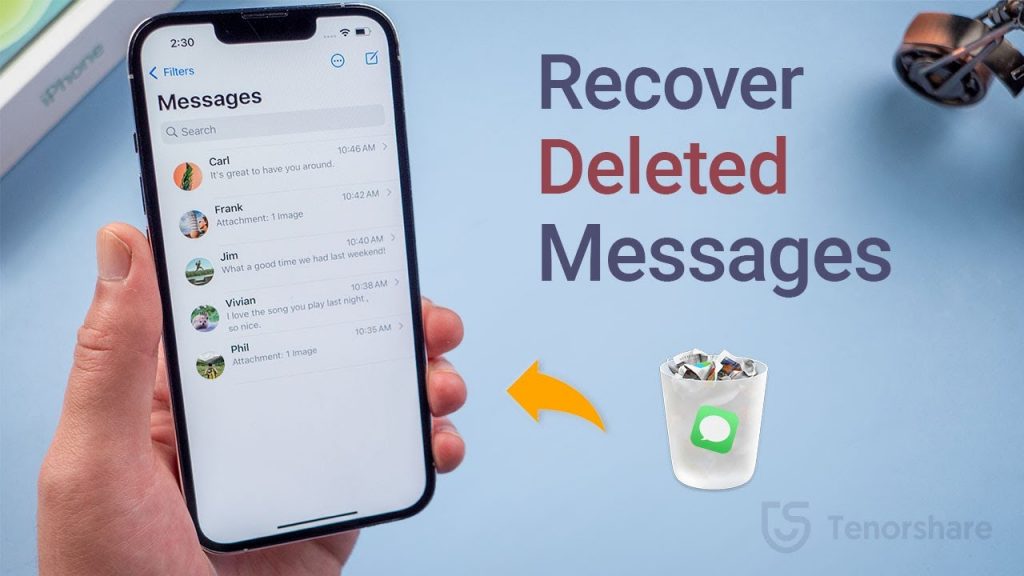
A. Explain the process of recovering deleted messages using iCloud backups on iPhones
To recover deleted messages using iCloud backups on iPhones, follow these steps:
- Delete or uninstall WhatsApp from your iPhone.
- Reinstall WhatsApp from the App Store.
- Open WhatsApp and verify your phone number.
- Tap "RESTORE" when prompted to restore your chats and media from Google Drive.
- After the restoration is complete, tap "NEXT."
- Your chats will be displayed once initialization is complete, and WhatsApp will continue restoring your media files after your chats are restored.
This process allows you to resurrect deleted messages from iCloud backups on your iPhone.
B. Provide detailed instructions for restoring messages from iCloud backups
To restore messages from iCloud backups on your iPhone, follow these detailed instructions:
- Make sure you have an iCloud backup that includes the messages you want to restore.
- Delete WhatsApp from your iPhone.
- Reinstall WhatsApp from the App Store.
- Open WhatsApp and verify your phone number.
- Tap "RESTORE" when prompted to restore your chats and media from iCloud.
- After the restoration is complete, tap "NEXT."
- Your chats will be displayed once initialization is complete, and WhatsApp will continue restoring your media files after your chats are restored.
These steps help you successfully recover messages from iCloud backups on your iPhone.
C. Emphasize the significance of regular backups for iPhone users
Regular backups for iPhone users are crucial. They ensure that your important data, including WhatsApp messages, is safe and can be restored if needed. In the context of this guide, iCloud backups act as a lifesaver when you want to recover deleted WhatsApp messages. Stress the importance of enabling automatic backups to iCloud at a frequency that suits your needs, whether daily, weekly, or monthly. This habit ensures that your messages are consistently backed up, reducing the risk of losing crucial information due to accidental deletions or device issues. Regular backups are a simple yet effective way to safeguard your digital conversations.
Chapter 5: Respect for Privacy and Ethical Reflections
A. Address privacy concerns and ethical considerations
In this section, we'll delve into some of the critical aspects surrounding privacy and ethical considerations when viewing deleted WhatsApp messages. It's essential to recognize the boundaries and responsibilities that come with this ability. We'll explore how this skill should be used with respect for privacy, consent, and ethical standards, ensuring that the power to view deleted messages doesn't infringe upon others' rights or trust. We'll also discuss the importance of using this knowledge judiciously, promoting ethical behavior while navigating the fine line between personal privacy and digital transparency.
B. Stress the importance of obtaining consent when viewing someone else's deleted messages
Respecting privacy is of paramount importance when it comes to viewing someone else's deleted WhatsApp messages. It's crucial to stress the significance of obtaining consent before attempting to uncover these messages, as doing so without permission can breach trust and invade someone's privacy. Consent should be a guiding principle, whether you're helping a friend recover mistakenly deleted messages or satisfying your own curiosity. By emphasizing the importance of consent, we promote responsible and ethical behavior in the digital realm, where privacy and trust are highly valued. Always seek permission to ensure that your actions align with ethical standards and respect others' boundaries.
C. Discuss the ethical implications of using these methods responsibly
Using methods to view deleted WhatsApp messages responsibly involves ethical considerations. It's vital to discuss the ethical implications of such actions to encourage users to exercise good judgment. Respecting others' privacy, consent, and trust is paramount. It's essential to understand that viewing deleted messages can affect relationships and trust dynamics. Therefore, approaching these methods with responsibility and ethical awareness is crucial. It not only preserves the integrity of personal relationships but also promotes ethical behavior in the digital age. By acknowledging the ethical implications, users can make informed decisions and uphold ethical standards while using these techniques.
Chapter 6: Smart and Responsible Usage
A. Offer practical recommendations for responsible and ethical use of these methods
In this chapter, we'll provide readers with practical recommendations for the responsible and ethical use of methods to view deleted WhatsApp messages. By following these guidelines, users can navigate the fine line between respecting privacy and accessing valuable information while using these methods responsibly. It's important to emphasize the importance of obtaining consent, especially when messages involve other people, and to exercise discretion in sensitive situations. Furthermore, we'll encourage users to stay informed about any potential legal implications related to viewing deleted messages, ensuring that they are aware of the rules and regulations in their respective regions.
B. Provide tips for preventing accidental message deletion
In this section, we'll share some valuable tips to help users prevent accidental message deletion. By taking a few proactive steps, individuals can safeguard their important conversations on WhatsApp. We'll suggest enabling features like "Archive Chats" rather than deleting them, which makes it easier to retrieve messages if needed. Additionally, we'll recommend regularly backing up chat history to cloud services like Google Drive or iCloud, ensuring that messages are securely stored. We'll also emphasize the importance of being cautious when handling messages and double-checking before tapping the delete button, reducing the risk of unintentional message loss.
C. Encourage readers to use these tools in a respectful and considerate manner
In the final section, we'll encourage readers to utilize the tools and methods we've discussed in a respectful and considerate manner. Respecting others' privacy is paramount, and obtaining consent before viewing someone else's deleted messages is vital. We'll highlight the importance of responsible and ethical use, emphasizing that these techniques should only be employed for legitimate purposes, such as retrieving important information. By adhering to ethical guidelines and practicing responsible usage, readers can make the most of these tools while maintaining trust and integrity in their personal and professional relationships.
Chapter 7: Conclusion and Key Insights
A. Summarize the key takeaways and main points covered in the blog
In this comprehensive guide, we've explored various methods for viewing deleted WhatsApp messages. From Android's Notification History feature to third-party apps and iCloud backups on iPhones, readers now have a clear understanding of their options. We've emphasized the importance of respecting privacy and ethical considerations when using these methods and provided recommendations for responsible usage. By following these insights and suggestions, users can make the most of these tools while maintaining respect and consideration for others' messages. Whether you're an Android or iPhone user, this guide equips you with the knowledge to handle deleted messages responsibly and ethically.
B. Discuss the benefits and limitations of viewing deleted WhatsApp messages
Viewing deleted WhatsApp messages offers several benefits, including retrieving important information and addressing accidental deletions. It can also enhance transparency and trust in personal and professional relationships. However, these methods have limitations. They may not work if the message is deleted before you receive it, and some methods are subject to time restrictions or may not recover media files. Furthermore, responsible usage is crucial, as privacy concerns and ethical considerations can arise. Balancing these benefits and limitations while adhering to ethical practices is key to successfully leveraging these tools.
C. Conclude with a call to use these methods responsibly while respecting others' privacy
In conclusion, the ability to view deleted WhatsApp messages is a powerful tool that can be used for various purposes. However, it comes with ethical responsibilities. I encourage readers to use these methods responsibly and consider the implications on privacy and trust. Always seek consent before attempting to retrieve deleted messages sent by others. By balancing the benefits and limitations while maintaining ethical standards, we can make the most of these tools while respecting others' privacy. Remember, responsible and considerate usage reflects your integrity and commitment to maintaining healthy relationships in the digital age.
Frequently Asked Questions (FAQs)
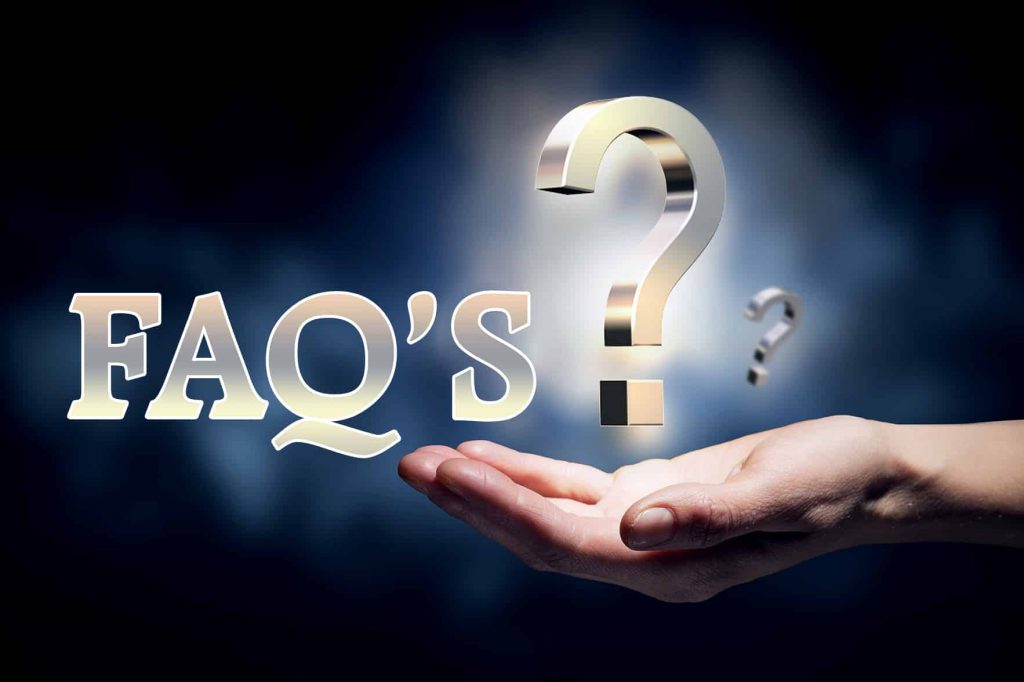
A. How to Read Deleted Messages on WhatsApp Web?
You cannot read deleted messages on WhatsApp Web directly, as they will also disappear from the web version when they are deleted from the phone. However, you may be able to read deleted messages on WhatsApp Web if you have a notification extension installed on your browser, such as WAToolkit or WA Web Plus.
B. How to Read Deleted Messages on WhatsApp Business?
You cannot read deleted messages on WhatsApp business directly, as they will also be erased from your chat history when they are deleted by the sender. However, you may be able to read deleted messages on WhatsApp business if you have enabled chat backup in the app’s settings. To do this, go to Settings > Chats > Chat backup and choose how often you want to back up your chats.
C. How to See Deleted Messages on WhatsApp without Any App on Android?
You cannot see deleted messages on WhatsApp without any app on Android directly, as they will also be removed from your chat history when they are deleted by the sender. However, you may be able to see deleted messages on WhatsApp without any app on android if you have enabled chat backup in the app’s settings. To do this, go to Settings > Chats > Chat backup and choose how often you want to back up your chats.
D. How to Recover Deleted WhatsApp Messages on iPhone without Backup?
You cannot recover deleted WhatsApp messages on iPhone without backup directly, as they will also be wiped out from your chat history when they are deleted by the sender. However, you may be able to recover deleted WhatsApp messages on iPhone without backup if you have a third-party software that can scan your iPhone and extract the deleted data.
E. Does Deleting a Chat on WhatsApp Delete It Permanently?
Deleting a chat on WhatsApp does not delete it permanently, as it may still be stored in your chat backup or in your phone’s memory. If you want to delete a chat on WhatsApp permanently, you need to delete it from both your phone and your chat backup. To do this, go to Settings > Chats > Chat backup and tap Delete Backup. Then, go to Settings > Storage and Data > Manage Storage and tap Delete All Chats.
F. Why Does It Say This Message Was Deleted on WhatsApp?
It says this message was deleted on WhatsApp when the sender has used the delete for everyone option to remove the message from both their chat and yours. This option is only available for up to an hour after sending the message.
G. How to Retrieve Deleted Messages on WhatsApp Sent by Someone?
You can retrieve related messages on WhatsApp sent by someone by using the reply feature. When you reply to a message, it will show you the original message along with your reply. You can also tap and hold on a message and choose Reply Privately to reply to a message in a group chat without notifying other members.
New to WhatsApp CRM?🚀
You need WADeck - Your ultimate WhatsApp AI assistant, helping you save TIME and MONEY.
Create Your Free Account NOW.